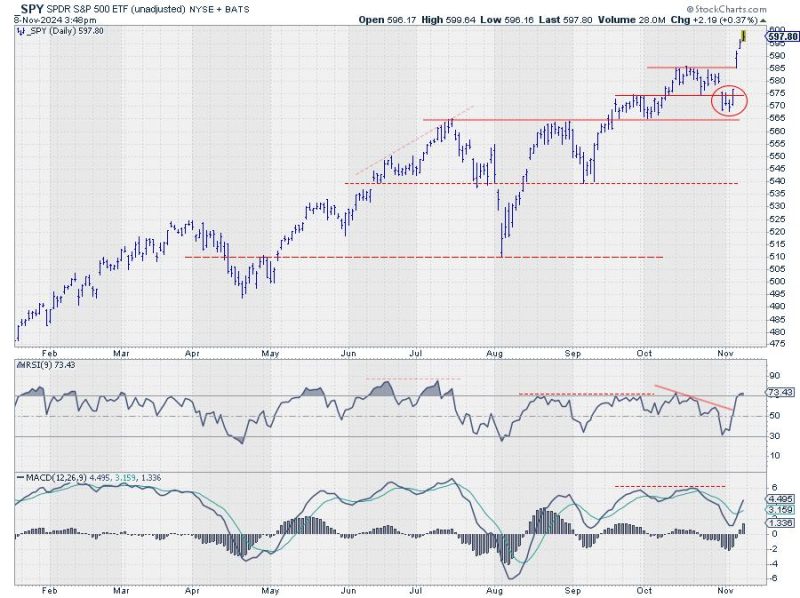The modern world of espionage is constantly evolving, with new technologies and strategies shaping the way intelligence agencies operate. In recent years, three key sectors have emerged as leaders in bringing spy agencies back to an offensive stance in order to stay ahead in the intelligence game.
1. **Cybersecurity**: With the rise of cyber-attacks and digital espionage, cybersecurity has become a critical sector for intelligence agencies. By investing in cutting-edge technologies and skilled cyber operatives, spy agencies are able to launch offensive cyber operations to gather intelligence, disrupt enemy networks, and protect their own data. The ability to conduct cyber-espionage and sabotage has given these agencies a powerful new tool in their arsenal.
2. **Artificial Intelligence**: The use of artificial intelligence (AI) has revolutionized the field of intelligence gathering and analysis. By leveraging AI algorithms and machine learning, spy agencies are able to process vast amounts of data quickly and efficiently, identifying patterns, predicting trends, and uncovering hidden connections. AI also enables agencies to automate routine tasks, freeing up analysts to focus on more complex and strategic intelligence operations.
3. **Biotechnology**: Advances in biotechnology have opened up new possibilities for intelligence agencies to collect and analyze biological data. Biometric technologies such as facial recognition and DNA sequencing are now commonly used in intelligence operations to identify targets, track individuals, and gather biological intelligence. By harnessing the power of biotechnology, spy agencies are able to conduct advanced surveillance and reconnaissance operations with remarkable precision and efficiency.
In conclusion, the convergence of cybersecurity, artificial intelligence, and biotechnology is reshaping the world of espionage and allowing intelligence agencies to once again take the offensive in their operations. By staying at the forefront of these key sectors, spy agencies are better equipped to gather intelligence, neutralize threats, and protect national security interests in an increasingly complex and interconnected world.

